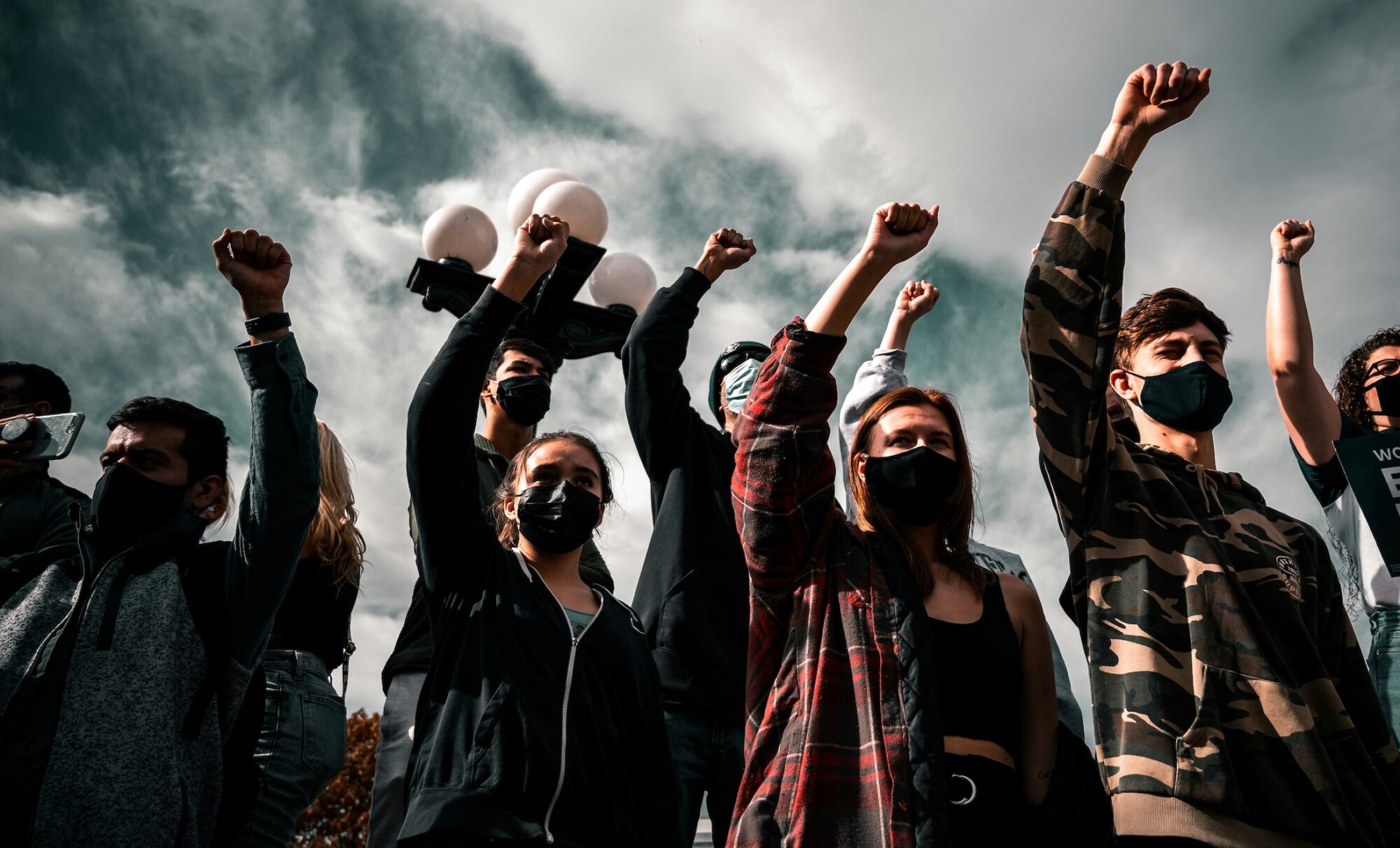By now many have heard of the weekend encounter between a group of predominantly white teenage boys attending the annual March for Life and an older Native American man attending the inaugural Indigenous Peoples March in Washington, D.C.
Here’s how the New York Times led with Saturday’s story: “Boys in ‘Make America Great Again’ Hats Mob Native Elder at Indigenous Peoples March.”
CNN reported the story as follows: “Video shows a crowd of teenagers wearing ‘Make America Great Again’ hats taunting a Native American elder after Friday’s Indigenous Peoples March at the Lincoln Memorial.”
NPR described the incident the next morning as this: “Video Of Kentucky Students Mocking Native American Man Draws Outcry.”
And the Washington Post followed with their extended Sunday editorial, entitled: “The Catholic Church’s shameful history of Native American abuses.”
Other news outlets, organizations, lawmakers, and outspoken celebrities quickly chimed in — even the teens’ school — each condemning the teenagers. Their chorus of public rebuke included various angles… “blatant racism”… the boys being the product of a “hate factory”… how conservative persons are “fearful now”… “bigotry”… how this was “one of the most horrific displays of ignorance, racism and disrespect”… and how Pres. Trump deserves the blame.
No doubt we live in an agitated, reactive culture. We also live in a culture in which for too long, too many have been silent about blatant racism and bigotry.
There’s only one problem: the angles shared by the New York Times, CNN, NPR, the Washington Post, etal. were wrong.
As video would prove less than 24 hours later, the teenage boys did not do what the above news outlets reported. They did not block the man; the mocking claim is questionable (especially since such is a subjective assessment); and the boys, themselves, were the target of some odd sect, who were yelling incessant slurs at the boys, when the Native American man approached the group. The video shows that the New York Times, CNN, NPR, the Washington Post, etal. each ran stories completely out of context. The video contradicted their reporting.
To be clear, bigotry is a significant issue in this country. Horrific displays of ignorance, racism and disrespect do exist. I thus crave each of us consider our next step in being part of the healing process of racial reconciliation, a conversation we will next entertain on the Intramuralist. As for the weekend’s events, let’s wrestle with what actually happened as opposed to simply sharing and shouting our own passion.
Let us thus state that we cannot conclude the motive of the news outlets with certainty. Did they have an agenda? Did they simply want to be among the first to report? Did they not care if journalistic standards were met?
Thankfully, many of those outlets/outspoken persons have apologized for their rush to judgment. Many others, however — perhaps precisely because of their passion — have ignored either their own error or the facts, which at this time seems to be allowing and promoting continued chastisement and even threats directed at a group of teenage boys.
Friends, allow me to humbly yet boldly submit that raw, respectful, honest, interactive, God-honoring, and solution-oriented conversations about ethnicity and race are conversations this country needs to have. But to make these boys the face and focus of that conversation is to ignore what actually happened.
As for what actually happened, Saturday’s incident begs two questions going into the week ahead on the Intramuralist:
(1) What else are news outlets reporting that is wrong?
And…
(2) Where else are the rest of us rushing to judgment — because no evidence exists to prove the media (or us) wrong?
In our next two posts, we’re going to focus on racial reconciliation — no doubt one of the most important cultural challenges of our time. Join me. Be a part of the conversation. Be a part of the solution. My earnest desire is to handle the topic well and in a way that all persons feel deeply valued.
But Part I (coming Sunday) will include a key focus on the role of today’s news outlets, social media, political agendas, etc. As witnessed this weekend, they are a serious part of the problem.
Keep Saturday’s incident in mind, recognizing the sequence: the media publicized an inaccurate account, they presented opinion as if it was news, others re-published, re-tweeted, or re-something’ed the opinion, which then prompted millions more to rush to judgment.
Again, it was untrue.
Let such poor reporting not take away from our need to wrestle well with our current and historical racial challenges. But let it also cause us to pause — recognizing and admitting that news outlets and social media are one of the biggest fuelers of division plaguing the planet today. On the left. On the right. They are indeed part of the problem.
Hence, stay tuned for Sunday. This may be uncomfortable for some. Maybe more. But the conversation is necessary and good.
Respectfully…
AR
